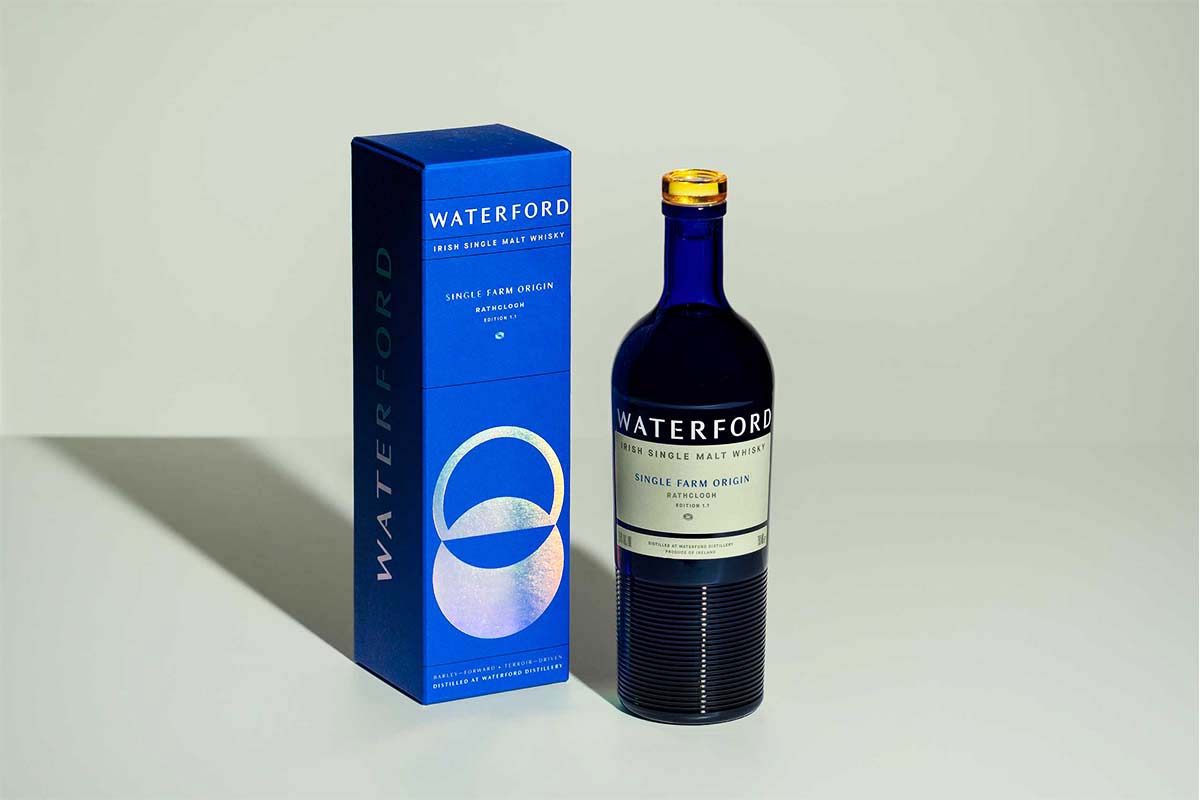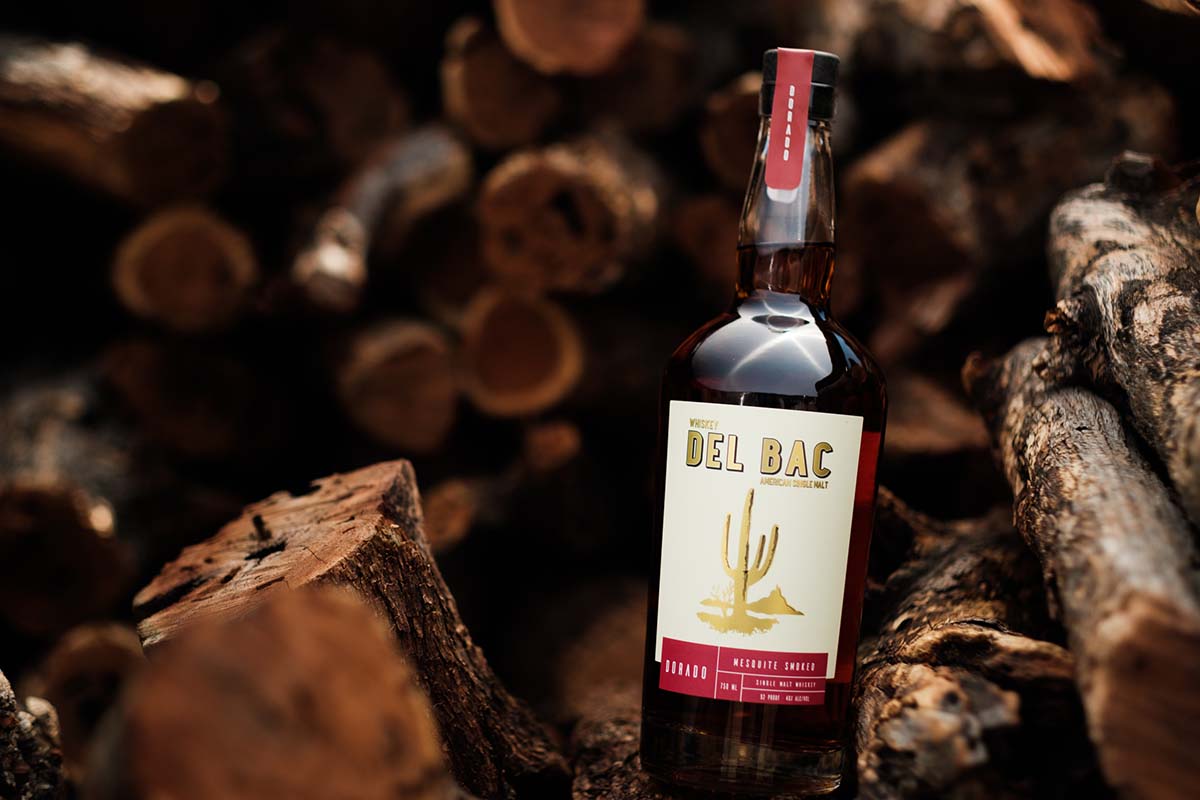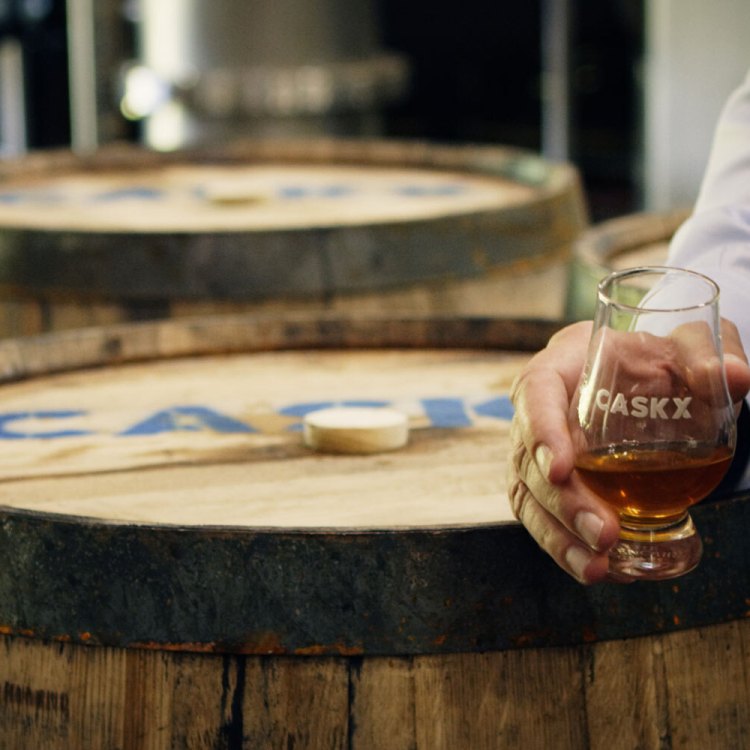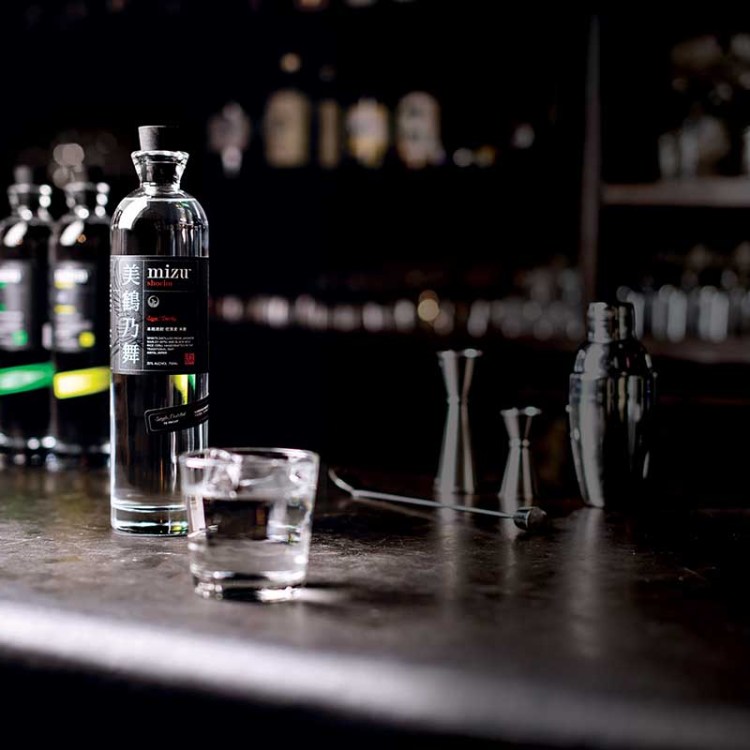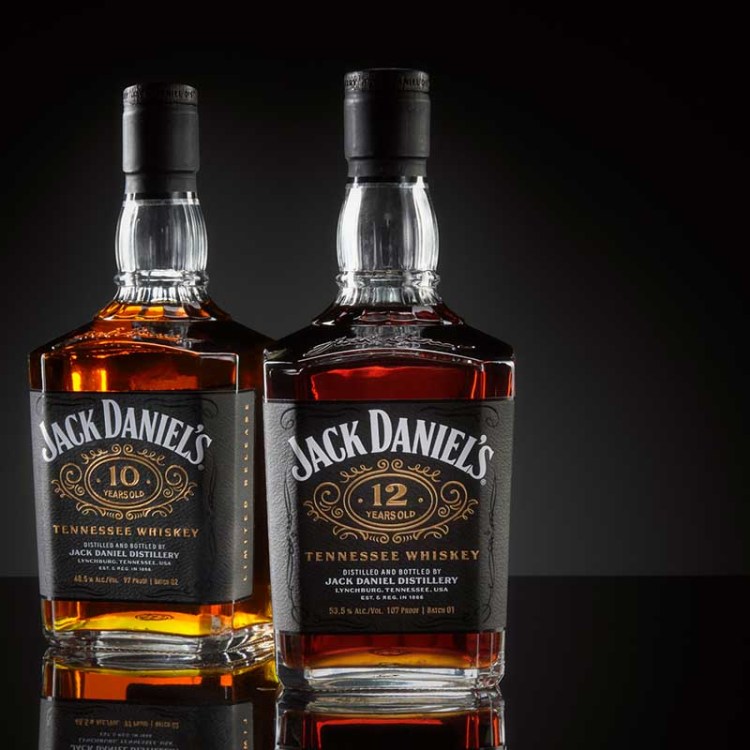Terroir-driven Waterford Whisky just announced it has bottled the first Irish-peated whiskies in generations: Peated: Fenniscourt and Peated: Ballybannon. The two expressions will be available in the U.S. starting in October.
Located on the banks of the river Suir, on Ireland’s sunny southeastern coast, Waterford won the 2021 Icons of Whisky Ireland Awards for both Distiller and Brand Innovator of the Year (and yes, this particular Irish brand spells it “whisky” without the “e”). The new peated whiskies combine 100% Irish peat and Irish-grown barley, or “the first distillery in generations to do so,” according to a press release (roughly since the turn of the 20th century, though the process started to wane in the 1850s). These releases all fall under Waterford’s Arcadian Farm Origins series, which includes Ireland’s only organic whisky and the world’s first biodynamic whisky.
“Malt whisky is already one of the most complex spirits in the world because it is made from barley – the best in the world coming from Ireland,” says Neil Conway, Head Brewer of Waterford Distillery. “So combining this with ancient peated methods that are no longer widely available in Ireland, added intriguing new layers of flavor complexity. Cultivating Irish peat and learning how the impact of moisture levels can determine the whiskies’ smokiness is just another step to quest to unearth whisky’s most natural flavors.”

Peated whisk(e)y tends to have a smoky flavor due to compounds released by the peat fires that are used to dry malted barley; with unpeated, the malt is dried using hot air. Peated is most commonly associated with Scotch partly because peat — partially decayed vegetation or organic matter found in wet areas known as bogs — has a historical background as a fuel source in Scotland.
Interestingly, while it’s not true that most Scotch is peated, peat has started to work its way into other styles of whisk(e)y, even if the peat itself is imported. This includes bottles by Teeling Blackpitts (Irish), Amrut Peated (Indian), Westland (American) and Yamazaki (Japanese).
Thanks for reading InsideHook. Sign up for our daily newsletter and be in the know.

